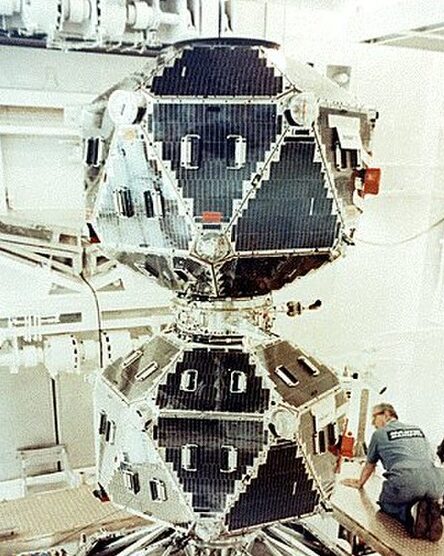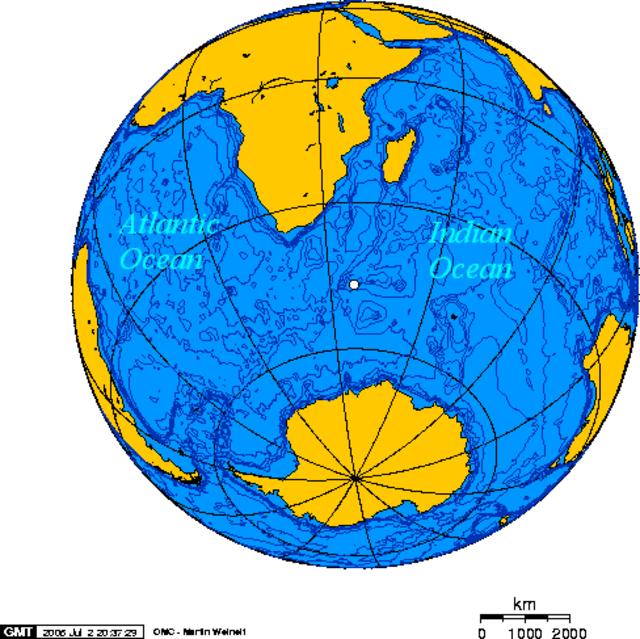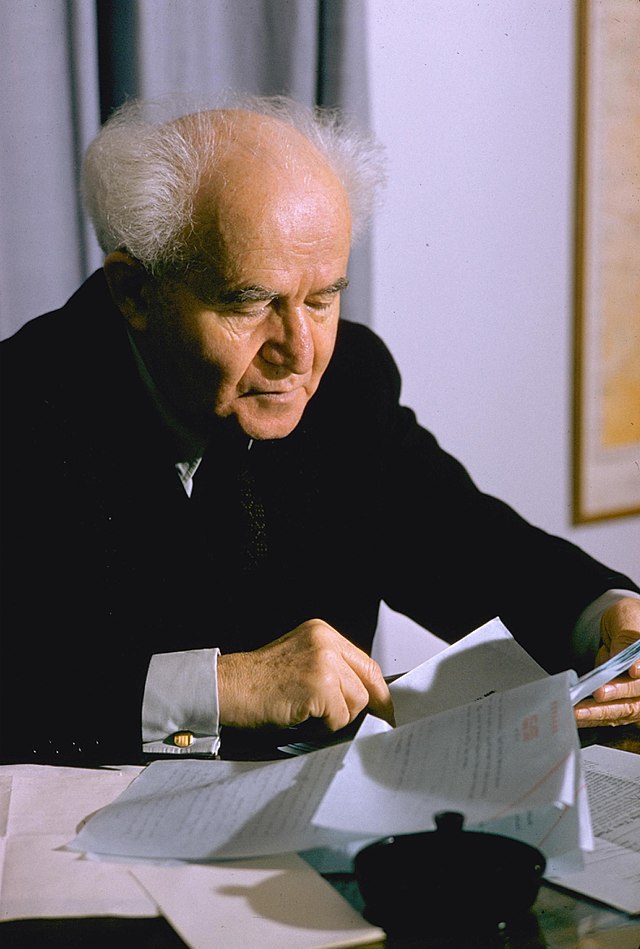The Mystery Surrounding Israel's Nuclear Capabilities

By: Mehdi El Merini / Arab America Contributing Writer
Israel’s nuclear program is a subject shrouded in secrecy and controversy, significantly directing and affecting the geopolitical landscape of the Middle East. Despite Israel’s policy of ambiguity, where it neither confirms nor denies its nuclear capabilities, substantial evidence suggests that Israel has developed a sophisticated nuclear arsenal. Israel is currently one of only five countries that have not signed the Nuclear Non-Proliferation Treaty, along with India, Pakistan, South Sudan, and North Korea.
Early Beginnings and Development
Israel’s nuclear ambitions date back to the early years of its statehood. In the 1950s, under the leadership of Prime Minister David Ben-Gurion, Israel began to explore nuclear technology. The impetus for this exploration was Israel’s perceived existential threats from its Arab neighbors. Ben-Gurion famously stated, “What Einstein, Oppenheimer, and Teller, the three of them were Jews, made for the United States could also be done by scientists in Israel for their own people.”
France played a crucial role in the initial development of Israel’s nuclear program. During the Suez Crisis of 1956, France and Israel forged a secret agreement, leading to French assistance in building the Negev Nuclear Research Center near Dimona, near the Dead Sea. By the early 1960s, Israel had constructed a reactor and a reprocessing plant capable of producing weapons-grade plutonium.
The Policy of Ambiguity
Israel’s nuclear doctrine is characterized by deliberate ambiguity, often referred to as “nuclear opacity.” This policy means that Israel has never officially confirmed or denied having nuclear weapons, as demonstrated by their refusal to sign the NPT. The United States has historically tolerated this ambiguity, believing it contributes to regional stability by deterring potential aggressors without provoking a nuclear arms race in the Middle East, particularly in regards to the Islamic Republic of Iran and creating a Western-based hegemony in the region.
The Vela Incident (1979)
One of the most significant events pointing towards Israel’s nuclear capabilities is the Vela Incident of 1979. On September 22, 1979, a U.S. Vela Hotel satellite detected a double flash of light near the Prince Edward Islands in the Indian Ocean, indicative of a nuclear explosion. While the exact nature of the event remains disputed, many experts believe it was a joint Israeli-South African nuclear test.
Declassified documents and testimonies from former officials suggest that Israel collaborated with apartheid-era South Africa on nuclear technology. The Vela Incident remains a cornerstone in the debate over Israel’s nuclear arsenal, reinforcing suspicions about its nuclear capabilities, both past and present.

Israel and the Nuclear Non-Proliferation Treaty (NPT)
Israel is not a signatory to the Nuclear Non-Proliferation Treaty (NPT), a global pact aimed at preventing the spread of nuclear weapons and promoting peaceful uses of nuclear energy. Israel’s refusal to join the NPT is rooted in its strategic calculations. Israeli officials argue that joining the NPT would require them to disclose their nuclear capabilities, potentially undermining their security in a region where allies are scarce.
The international community has repeatedly called for Israel to join the NPT and place its nuclear facilities under the safeguards of the International Atomic Energy Agency (IAEA). However, Israel maintains that a comprehensive peace agreement with its neighbors must precede any consideration of joining the treaty.
Current Capabilities
While Israel remains tight-lipped about its nuclear arsenal, various sources estimate that Israel possesses at least 80 nuclear warheads. The delivery systems for these weapons include Jericho ballistic missiles, capable of reaching targets throughout the Middle East and beyond, as well as submarine-launched cruise missiles. This provides them with a second-strike capability.
Israel’s nuclear program is believed to be highly advanced, with a range of sophisticated nuclear devices. Analysts suggest that Israel has developed thermonuclear weapons, known as hydrogen bombs, which are significantly more powerful than atomic bombs.
Strategic Implications
Israel’s nuclear arsenal serves multiple strategic purposes in their view. Primarily, it acts as a deterrent against perceived existential threats from its regional adversaries, mainly the Islamic Republic of Iran. The mere possibility of a nuclear retaliation is thought to discourage potential rivals from launching large-scale attacks against Israel.

Moreover, Israel’s nuclear capability enhances its political leverage. It provides Israel with a strategic edge, ensuring that it can maintain a degree of autonomy in its foreign policy decisions, even under significant international pressure. This autonomy has allowed Israel to continue expanding settlements in the West Bank in opposition to International Law, as well as perpetuate terror against innocent civilians in Gaza.
Israel’s nuclear program remains a focal point of international debate and regional security dynamics. Its policy of ambiguity, strategic partnerships, and refusal to join the NPT contribute to the often difficult nature of Middle Eastern geopolitics. The Vela Incident of 1979 stands as a testament to Israel’s likely nuclear capabilities, underscoreing the importance of continued dialogue and diplomatic efforts to address nuclear proliferation in the region, as well as establishing accountability for violations of international law. As the world navigates these challenges, Israel’s nuclear strategy will continue to play a pivotal role in shaping the security landscape of the Middle East. Will the full truth about Israel’s nuclear weapons come to light? Only time will tell.
Check out our Blog here.








